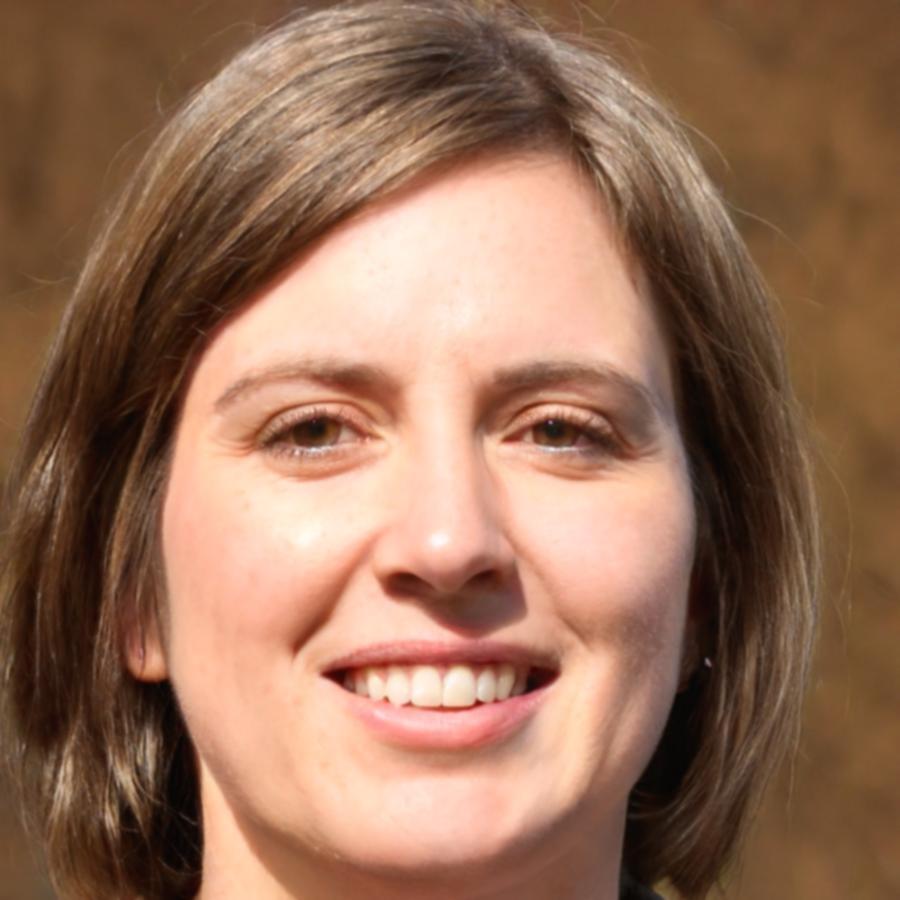Build Financial Clarity Through Structured Accountability
Most people struggle with money not because they lack income, but because they lack a system. We teach practical accountability methods that help you understand where your money goes and why those patterns matter.
Explore Learning Options
Three Principles That Change How You See Money
Financial accountability isn't about restriction. It's about awareness, honest tracking, and making decisions that align with what actually matters to you.
Track Without Judgement
We start by recording expenses for two weeks without changing anything. This reveals patterns you didn't know existed. Many students discover they're spending on things they forgot they subscribed to months ago.
Question Every Category
Standard budgets have fixed categories that don't reflect real life. You'll learn to create spending groups that match your actual priorities, not some generic template someone made up.
Review Weekly, Adjust Monthly
Financial accountability requires regular check-ins. We teach simple weekly reviews that take ten minutes and monthly evaluations that help you spot trends before they become problems.

Methods Built From Real Experience, Not Theory
- The Zero-Sum Exercise that shows where money disappears between paychecks
- Category Mapping that replaces generic budgets with personalized tracking systems
- The Weekly Money Meeting protocol that keeps accountability consistent
- Variance Analysis techniques for spotting changes before they escalate
- Decision Frameworks for evaluating purchases against actual values
What A Typical Learning Path Looks Like
Our programs run for six to eight months because meaningful change takes time. Here's how the progression usually unfolds.
Foundation Phase
First six weeks focus on tracking current patterns without changing behavior. Students collect data and learn observation techniques.
Analysis Period
Weeks seven through twelve introduce categorization methods and variance analysis. You start identifying patterns and their underlying causes.
System Building
Months four and five focus on creating personalized accountability frameworks that match your specific financial situation and goals.
Maintenance Skills
Final months emphasize sustainability practices, troubleshooting common setbacks, and preparing for independent financial management.
I spent years trying different budgeting apps that never stuck. brenolavixa's approach was different because it started with understanding my actual habits instead of forcing me into pre-made categories. The weekly review habit they taught me has become automatic now.
Comprehensive learning timeline for developing sustainable financial habits
Practical accountability techniques taught progressively throughout the curriculum


